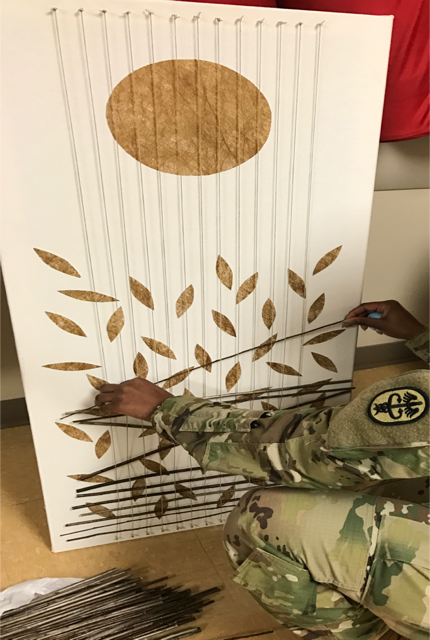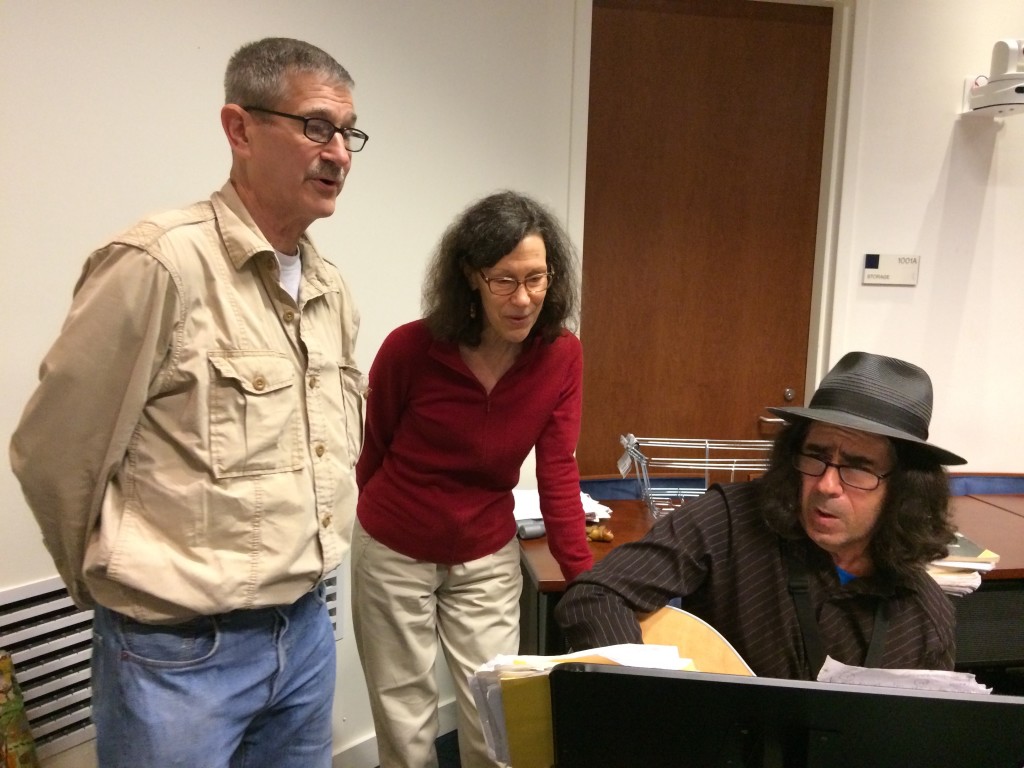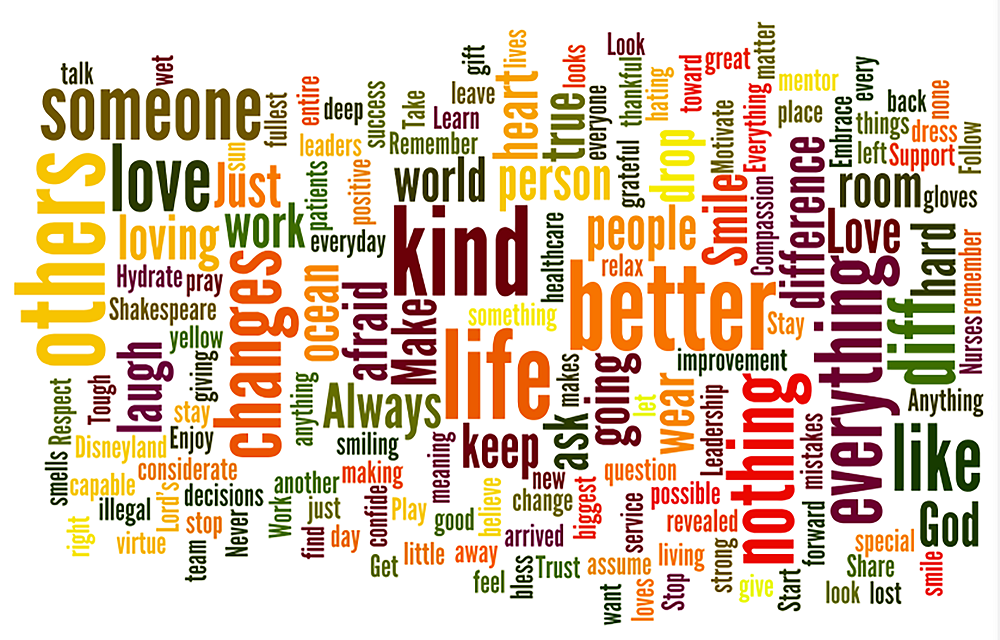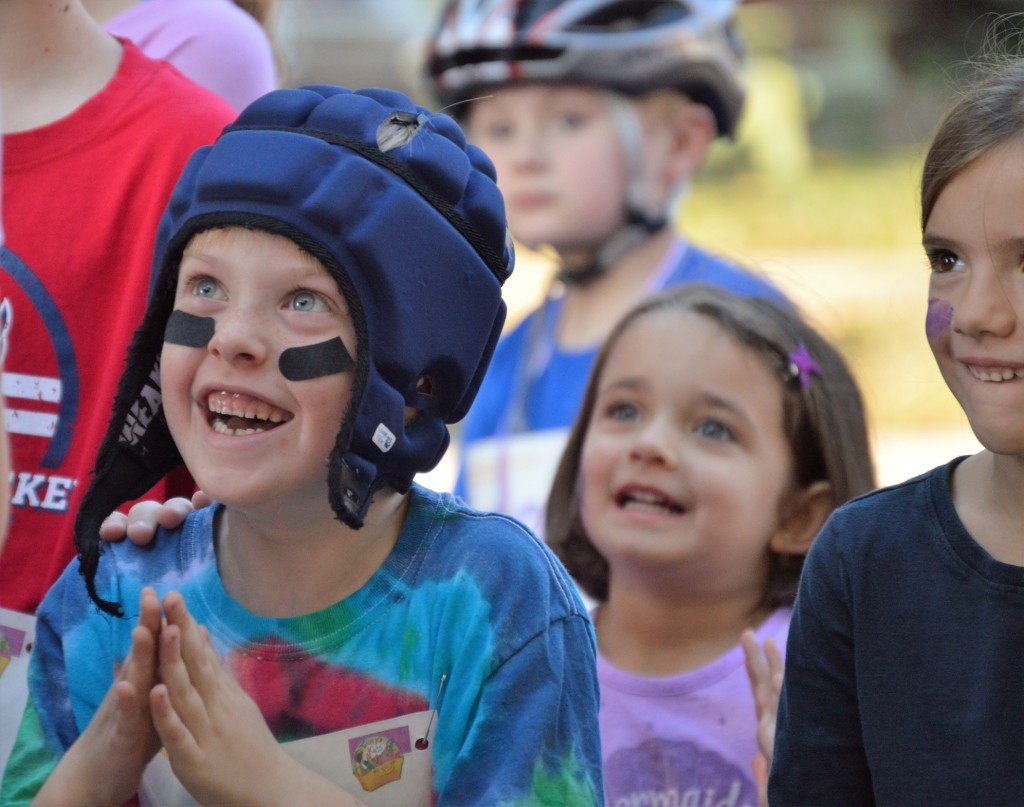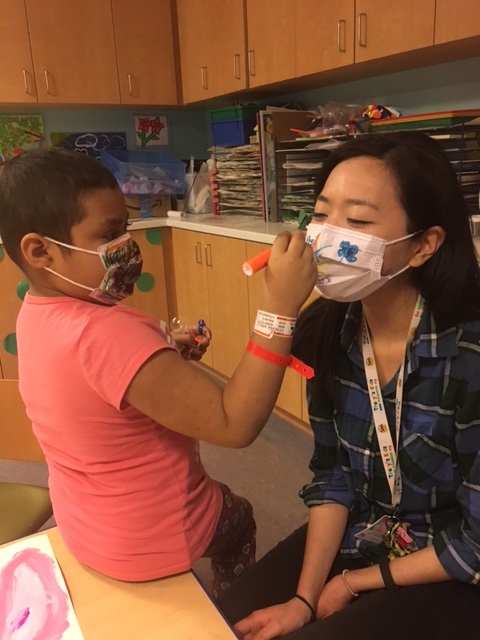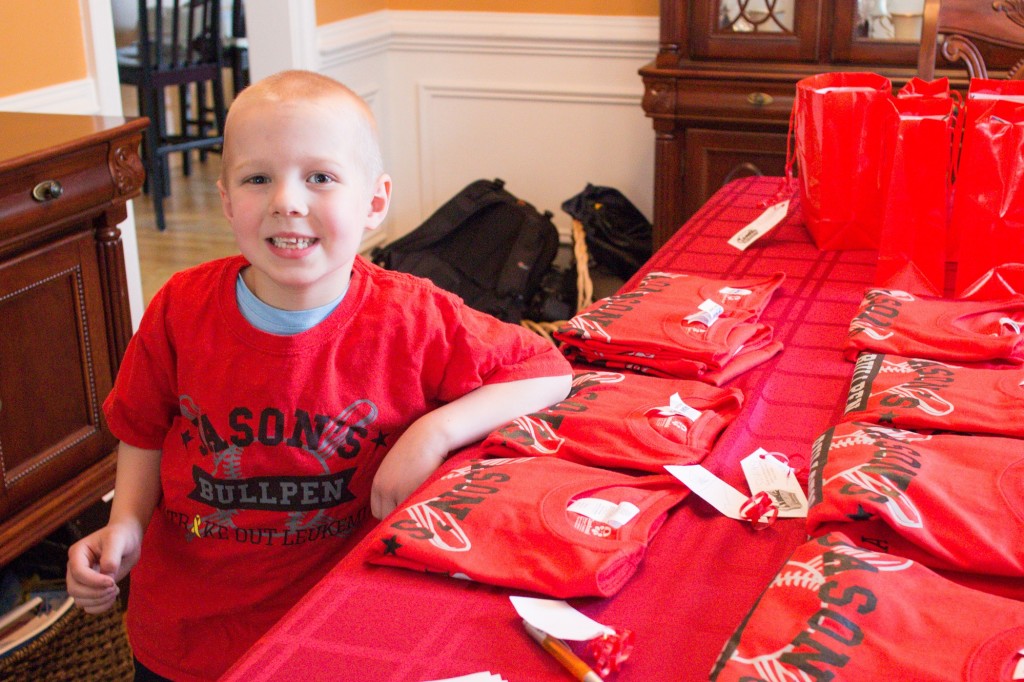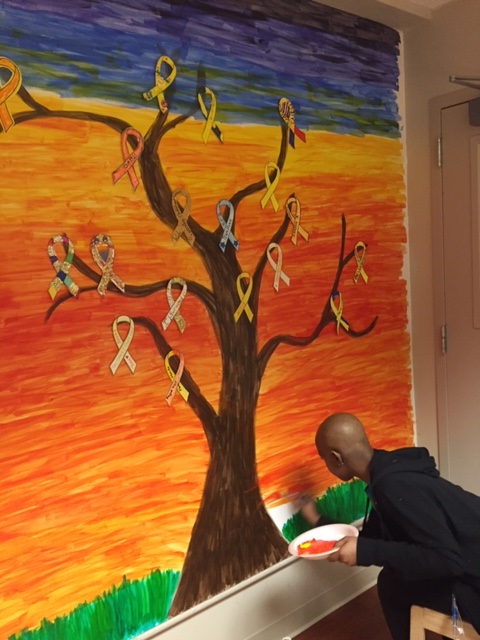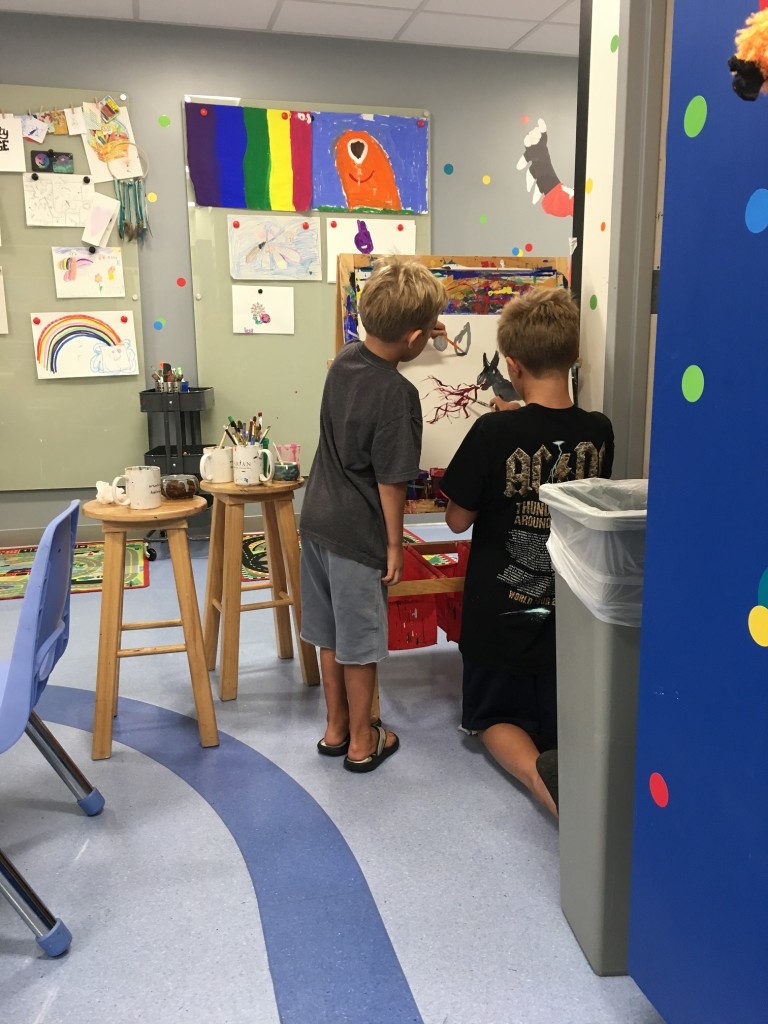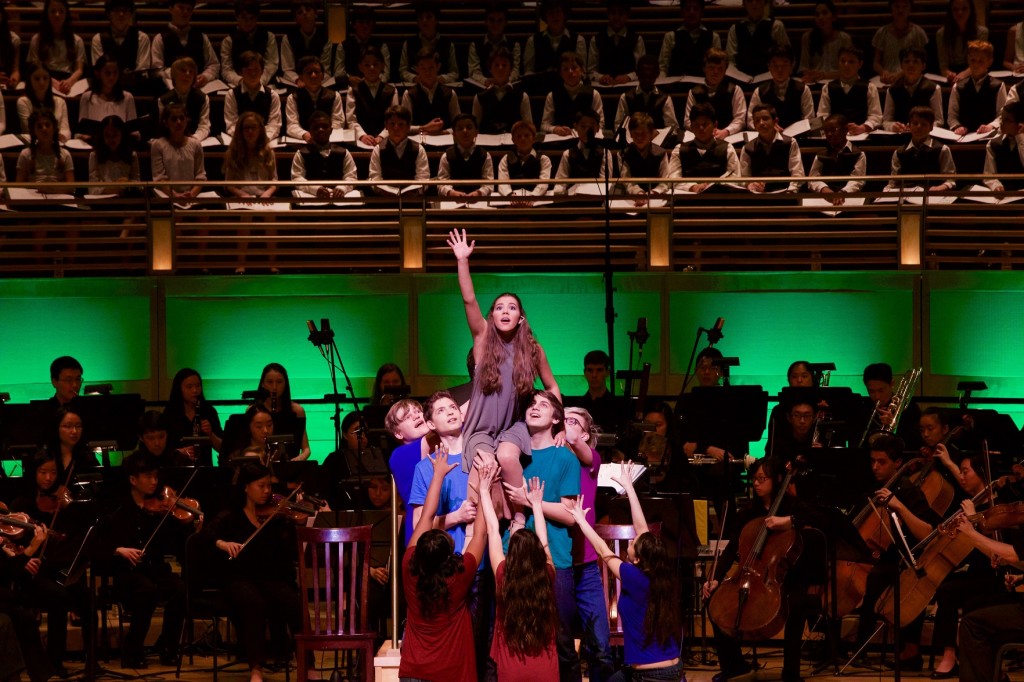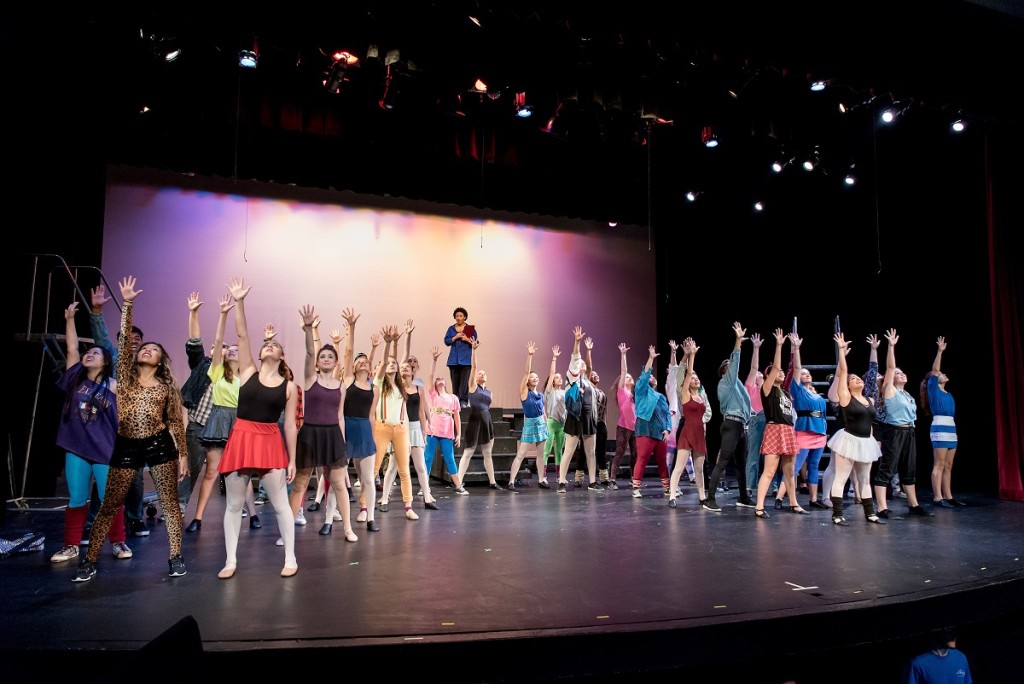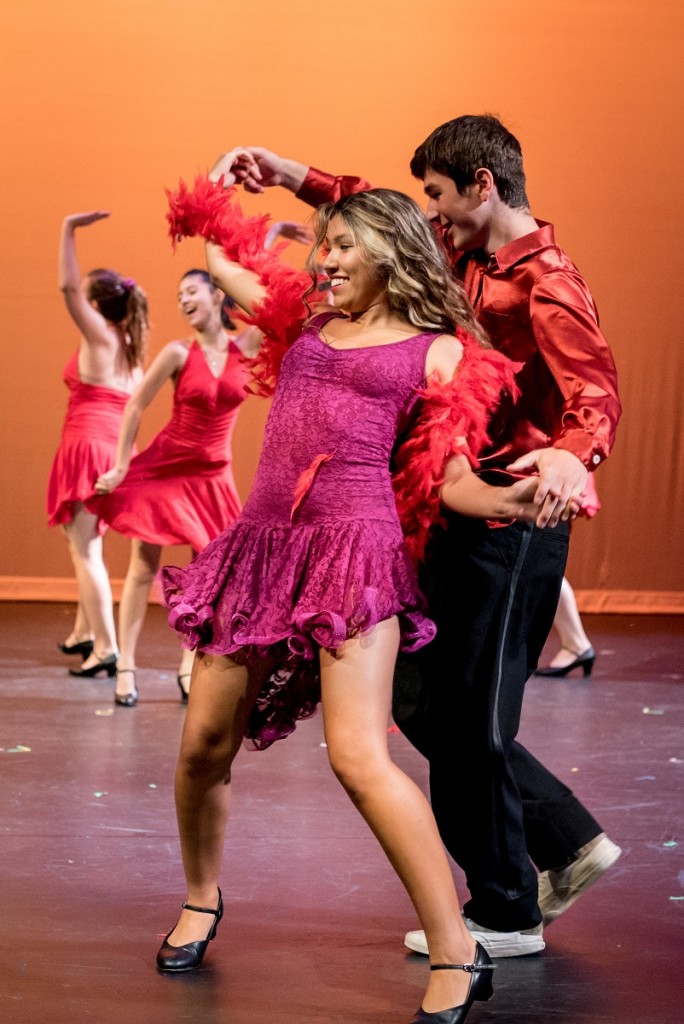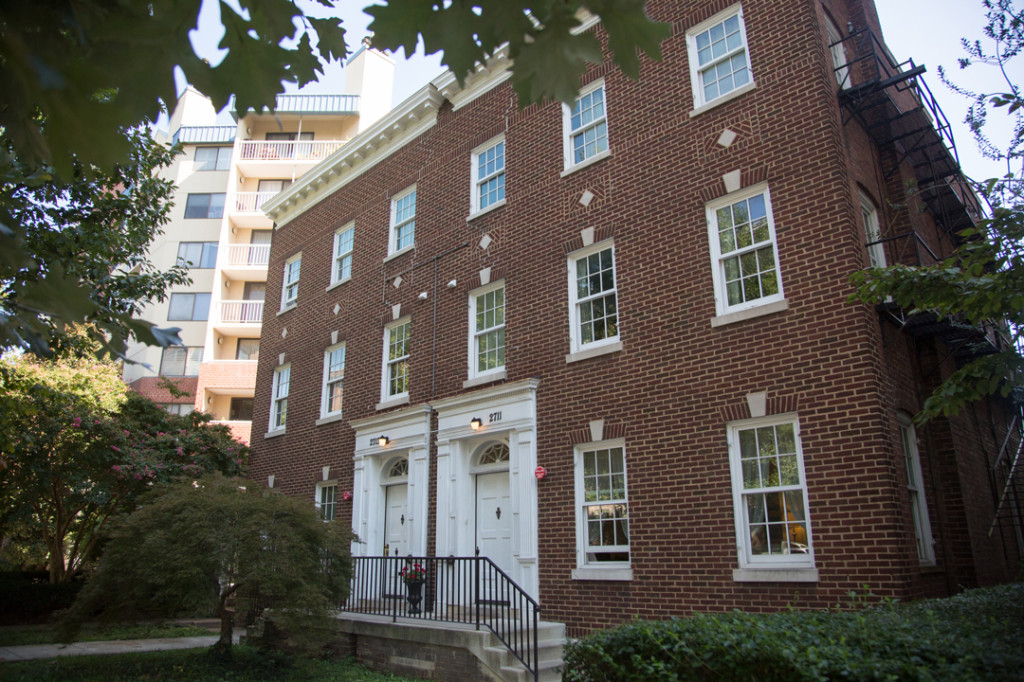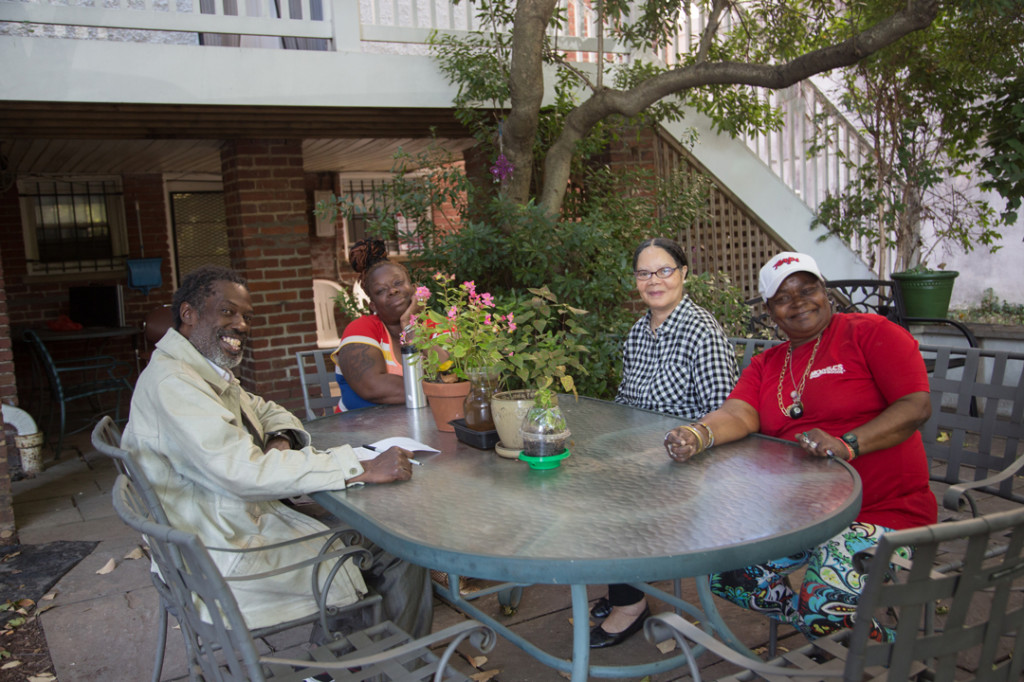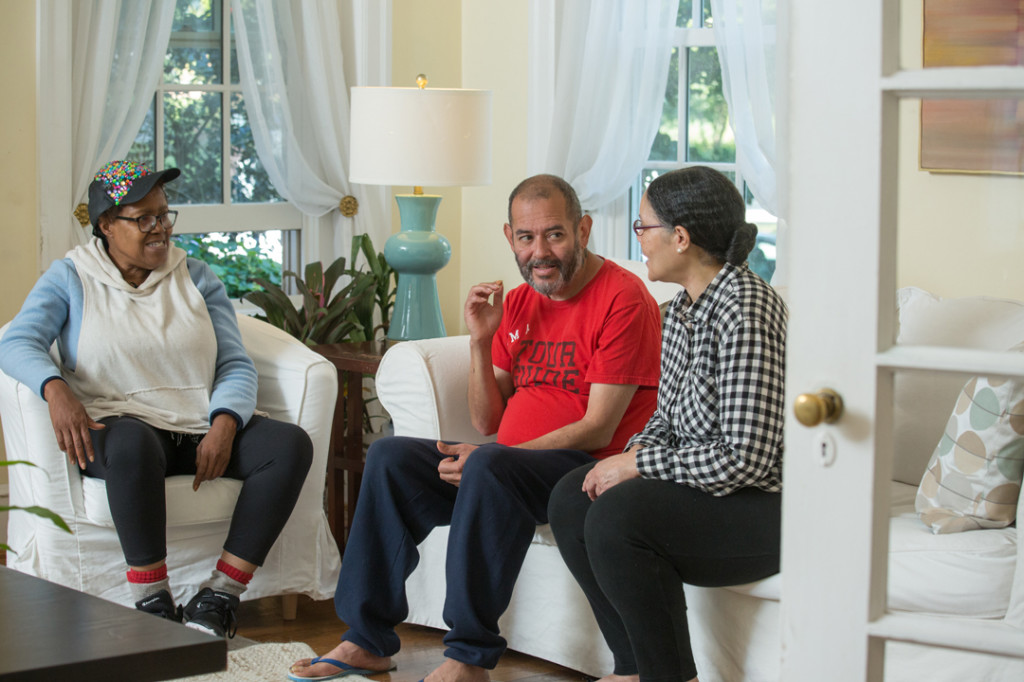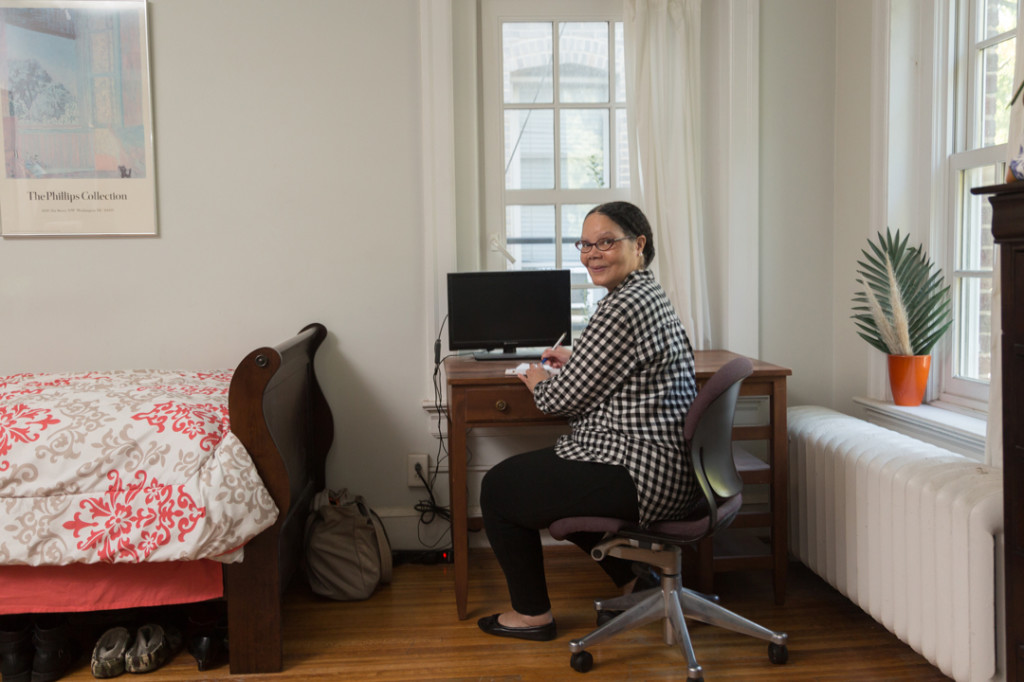 Wednesday, November 15, 2017
Wednesday, November 15, 2017
Poetry Slam! (night 1) *This event is accepting volunteers
DC SCORES
The DC SCORES Poetry Slam! is the largest youth slam in Washington, DC, and the culminating event of the DC SCORES fall season. The two-night event showcases original works of poetry written by over 2,000 students representing District of Columbia public and public charter schools in seven of the city’s eight wards. In a competitive format, each school takes the stage for five minutes to perform group and individual poems in front of capacity crowds. The DC SCORES Poetry Slam! funnels the energy and creativity of youth into self-expression as a means of improving their literacy rates and raising their self-esteem. The event has been featured in The Washington Post &n Capital Community News, and participants have read their poems on NBC-4.
When: Wednesday, November 15, 2017 (5:00 PM – 8:00 PM)
Where: Columbia Heights Education Campus (auditorium), 3101 16th St. NW, Washington, DC 20010 map
Volunteer Info: Volunteers are needed for setup, breakdown, ushering special guests, and more.
Contact: Lindsey Sharp, (202) 393-6999 ext 310
For more information: click here
This info session will cover everything a you need to know if you’re interested in going solar. Solar United Neighbors of Maryland will present on solar technology, financing options, and the basics of solar policy & markets. We will also discuss our solar co-op process, which works like a bulk purchase. Co-ops bring together a group of homeowners to get the best quality installations for the best price, plus free 1-on-1 support from Solar United Neighbors, a neutral nonprofit solar expert.
When: Wednesday, November 15, 2017 (7:00 PM – 8:30 PM)
Where: Rockville City Hall, 111 Maryland Ave, Rockville, MD 20850 map
Contact: Andrea Hylant, (202) 888-3601
For more information: click here
Thursday, November 16, 2017
Poetry Slam! (night 2) *This event is accepting volunteers
DC SCORES
The DC SCORES Poetry Slam! is the largest youth slam in Washington, DC, and the culminating event of the DC SCORES fall season. The two-night event showcases original works of poetry written by over 2,000 students representing District of Columbia public and public charter schools in seven of the city’s eight wards. In a competitive format, each school takes the stage for five minutes to perform group and individual poems in front of capacity crowds. The DC SCORES Poetry Slam! funnels the energy and creativity of youth into self-expression as a means of improving their literacy rates and raising their self-esteem. The event has been featured in The Washington Post & Capital Community News, and participants have read their poems on NBC-4
When: Thursday, November 16, 2017 (5:00 PM – 8:00 PM)
Where: H.D. Woodson High School, 540 55th St. NE, Washington, DC 20019 map
Volunteer Info: Volunteers are needed for setup, breakdown, ushering special guests, and more.
Contact: Lindsey Sharp, (202) 393-6999 ext 310
For more information: click here
Reach’s Book Release Party *This event is accepting volunteers
Reach Incorporated
Each summer, selected Reach teens author children’s books as part of our Summer Leadership Academy. On November 16th, we will celebrate these teen authors at our annual Book Release Party. The event will take place at Pepco Edison Place Gallery, near Chinatown, and will provide an opportunity to honor our young people, celebrate their new books, and raise funds to support our continued work.
When: Thursday, November 16, 2017 (5:00 PM – 8:00 PM)
Where: Pepco Edison Place Gallery, 702 8th Street NW, Washington, DC 20001 map
Fee: Tickets start at $50. Volunteers are free.
Volunteer Info: We are seeking volunteers to run our registration table and assist with book sales.
Contact: William Ross, (202) 827-3795
For more information: click here
Saturday, November 18, 2017
What’s Going On
Returning home after a sold-out nationwide tour, What’s Going On is Dance Place’s critically acclaimed producing debut that offers the sweetest solace possible: people coming together. (The Washington Post). Artistic Director Vincent E. Thomas looks through the lens of Marvin Gaye’s transcendent music and finds a reflection of the world today. Taking inspiration from 1971′s inimitable What’s Going On, Marvin Gaye’s insights into life, love and social justice are given fresh perspectives with choreography by Vincent E. Thomas, Ralph Glenmore and Sylvia Soumah.
This evening-length work features Modern, Jazz and West African dance. What’s Going On seeks to provoke thoughtfulness and spark conversations to ignite change in each community it touches.
When: Saturday, November 18, 2017 (8:00 PM)
Where: Dance Place, 3225 8th St NE, Washington, DC 20017 map
Fee: $15 -$30
Contact: Amanda Blythe, (202) 269-1601
For more information: click here
Sunday, November 19, 2017
Girls on the Run – DC Fall 2017 5K presented by PepsiCo *This event is accepting volunteers
Girls on the Run – DC
Join us for the fall 5K on Sunday, November 19th, at Anacostia Park. Girls on the Run – DC brings the community together to support and celebrate girls across the city. The race is open to the community and there are many ways to get involved — from being a buddy runner for a girl who doesn’t have an adult to run with, a community participant or a volunteer who makes the day memorable for a girl.
When: Sunday, November 19, 2017 (10:00 AM – 11:30 AM)
Where: Anacostia Park, 1101 Howard Rd, SE, Washington, DC 20020 map
Fee: $35 race entry
Volunteer Info: Various 5K volunteer opportunities include: course safety marshal, information team, general volunteer, parking metro guide, photographer, and race packet pick-up.
Contact: Kelly Makimaa, (202) 607-2288
For more information: click here
Returning home after a sold-out nationwide tour, What’s Going On is Dance Place’s critically acclaimed producing debut that offers the sweetest solace possible: people coming together. (The Washington Post). Artistic Director Vincent E. Thomas looks through the lens of Marvin Gaye’s transcendent music and finds a reflection of the world today. Taking inspiration from 1971′s inimitable What’s Going On, Marvin Gaye’s insights into life, love and social justice are given fresh perspectives with choreography by Vincent E. Thomas, Ralph Glenmore and Sylvia Soumah.
This evening-length work features Modern, Jazz and West African dance. What’s Going On seeks to provoke thoughtfulness and spark conversations to ignite change in each community it touches.
When: Sunday, November 19, 2017 (4:00 PM)
Where: Dance Place, 3225 8th St NE, Washington, DC 20017 map
Fee: $15 -$30
Contact: Amanda Blythe, (202) 269-1601
For more information: click here
Thursday, November 23, 2017
13th Annual Turkey Trot This event is accepting volunteers
Laurel Advocacy & Referral Services
This Thanksgiving Morning, over 800 runners, walkers, and spectators will flock to Laurel’s Historic District for the 13th Annual 5K Turkey Trot to Benefit Laurel Advocacy & Referral Services, Inc. (LARS). This event has gained a loyal following and continues to grow each year, raising crucial funds for LARS, a non-profit organization helping homeless and low-income families and individuals achieve stability and self-sufficiency. This event is LARS’ biggest fundraiser, raising over $50,000 last year to help us provide food, financial help, and housing to Laurel residents in crisis.
When: Thursday, November 23, 2017 (8:00 AM – 10:00 AM)
Where: McCullough Field, 7th & Montgomery St, Laurel, MD 20707 map
Fee: $35 through end of October; $40 Nov 1-Race Day
Volunteer Info: Registration, course marshaling, set up/clean up, cheer on race participants
Contact: Laura Wellford, (301) 776-0442 ext 27
For more information: click here
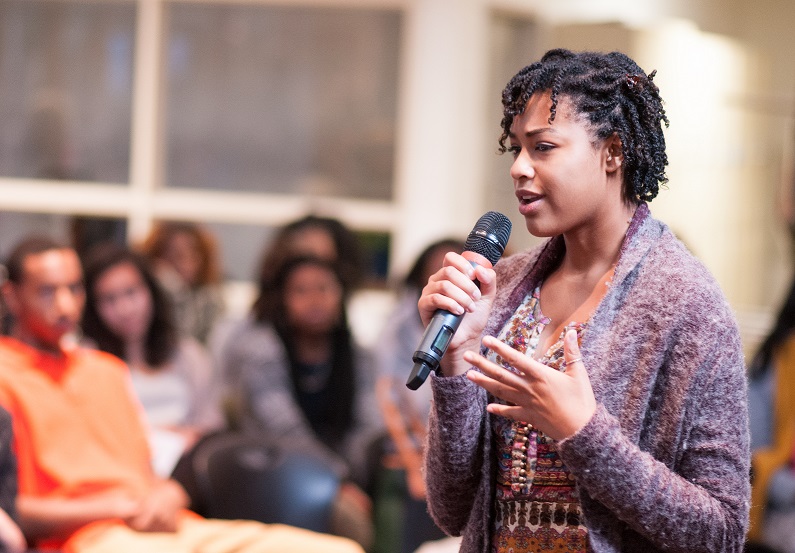 Immigration. Gentrification. Environmental issues. Teen mental health. Where will the next big idea originate? They can’t yet vote. They are years from becoming credentialed doctors, lawyers, and teachers. They may compete for jobs that have not yet been invented. But today they can begin as changemakers. In a moment when adults often feel powerless – overwhelmed by daunting social, environmental, and political challenges – how can we set a different tone for our young people? How do we challenge them to empathize, innovate, and persist when others say it can’t be done? How do we remind them that social change begins with them?
Immigration. Gentrification. Environmental issues. Teen mental health. Where will the next big idea originate? They can’t yet vote. They are years from becoming credentialed doctors, lawyers, and teachers. They may compete for jobs that have not yet been invented. But today they can begin as changemakers. In a moment when adults often feel powerless – overwhelmed by daunting social, environmental, and political challenges – how can we set a different tone for our young people? How do we challenge them to empathize, innovate, and persist when others say it can’t be done? How do we remind them that social change begins with them?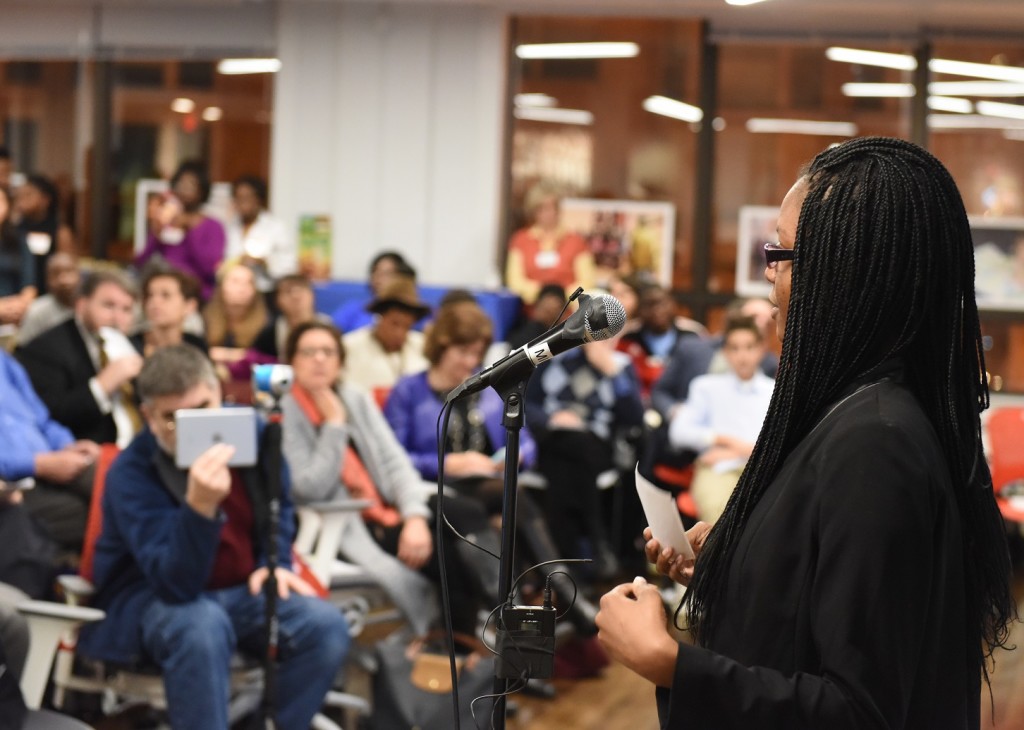 At LearnServe, middle and high school students are not just the leaders of tomorrow. They’re the leaders of today. And in 30-second “elevator pitches” on December 7th, they will debut their plans to make a positive impact in their communities and schools.
At LearnServe, middle and high school students are not just the leaders of tomorrow. They’re the leaders of today. And in 30-second “elevator pitches” on December 7th, they will debut their plans to make a positive impact in their communities and schools.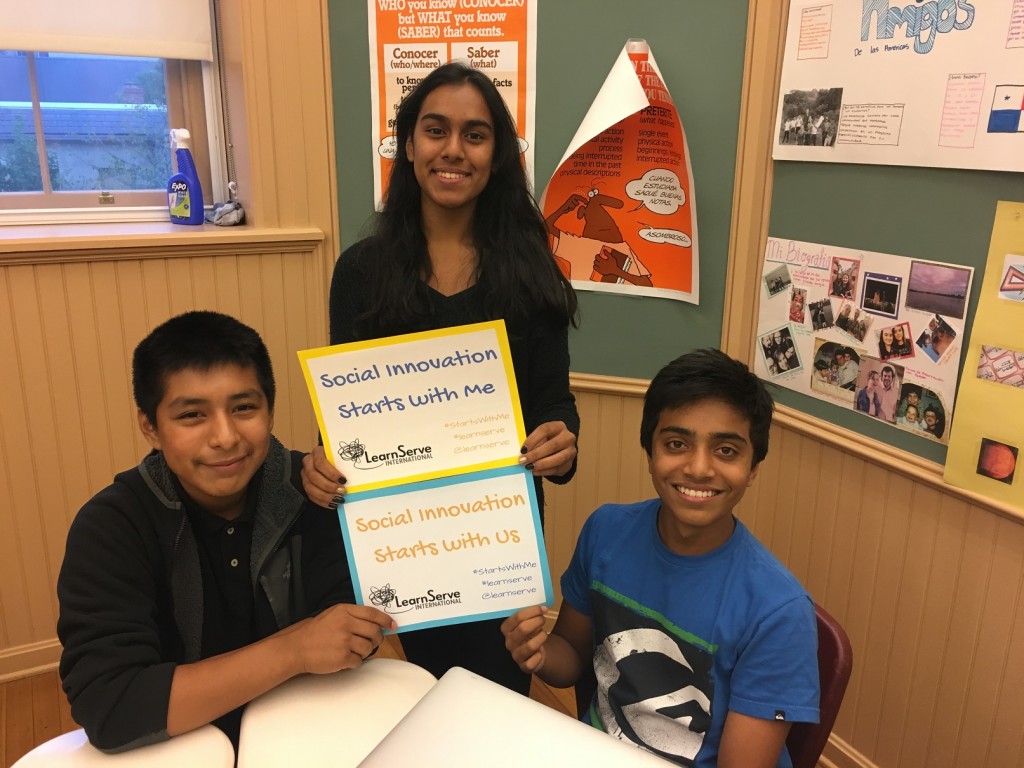 The LearnServe Innovator’s Coffee House is an opportunity to witness the start of our students’ social venture projects, meet the LearnServe community, and promote youth-led social innovation in the DC area. The event was held Thursday, December 7th at Impact Hub DC. Here is a video of the event. A special thanks to Impact Hub DC for providing the space for this event.
The LearnServe Innovator’s Coffee House is an opportunity to witness the start of our students’ social venture projects, meet the LearnServe community, and promote youth-led social innovation in the DC area. The event was held Thursday, December 7th at Impact Hub DC. Here is a video of the event. A special thanks to Impact Hub DC for providing the space for this event.
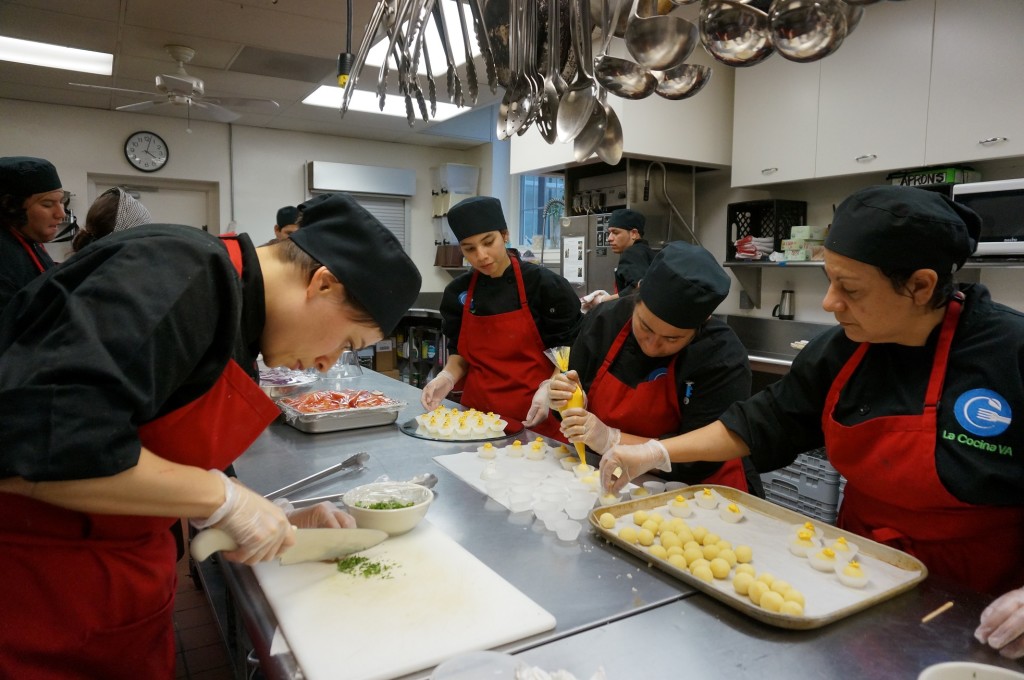
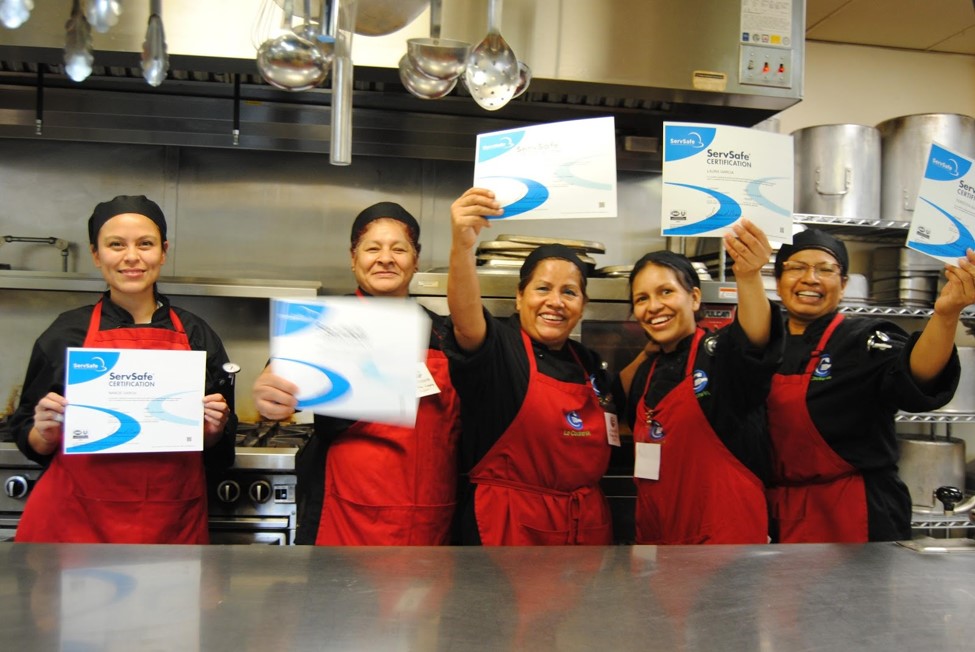

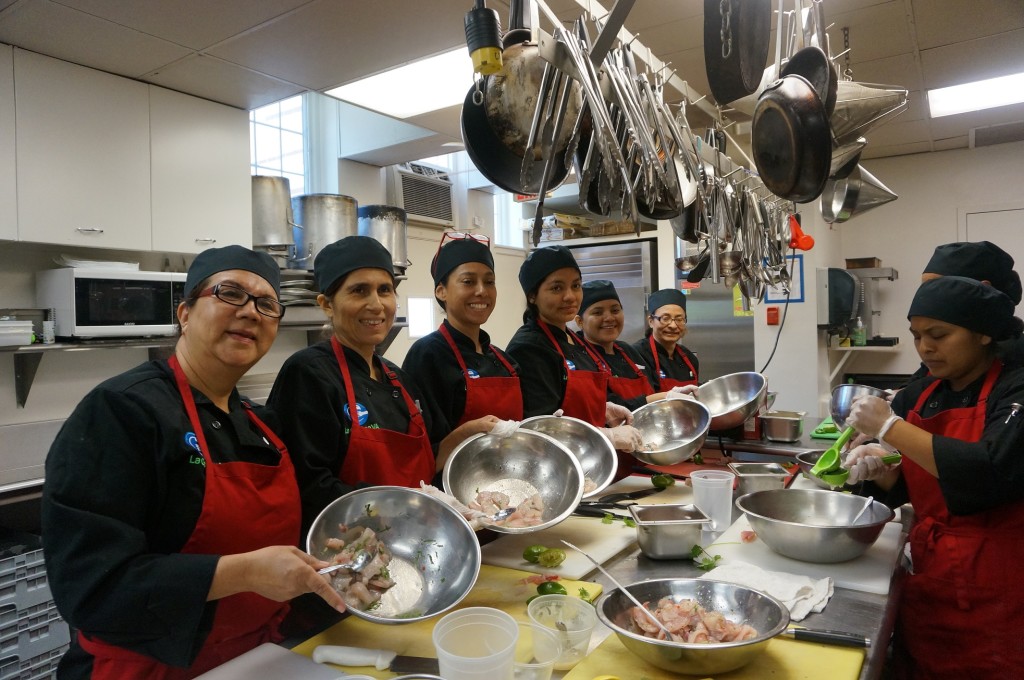

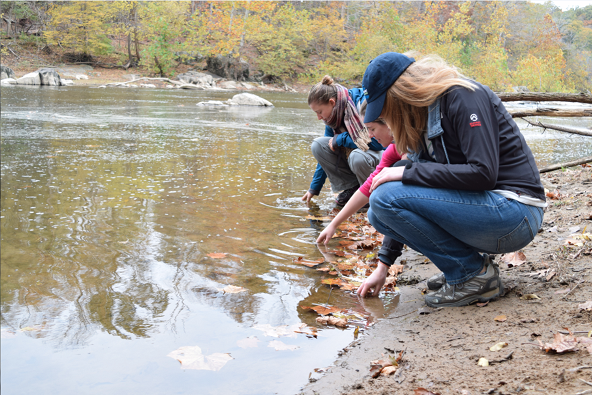
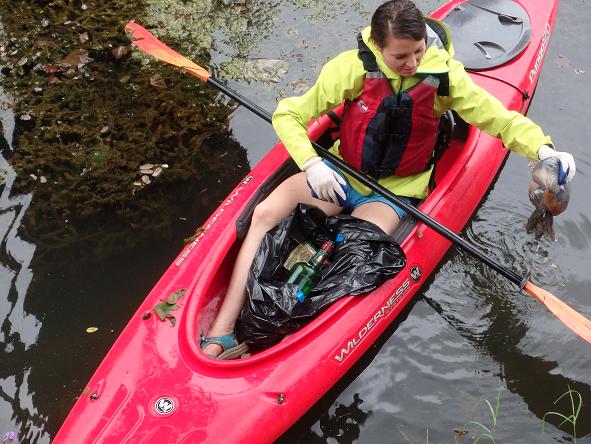
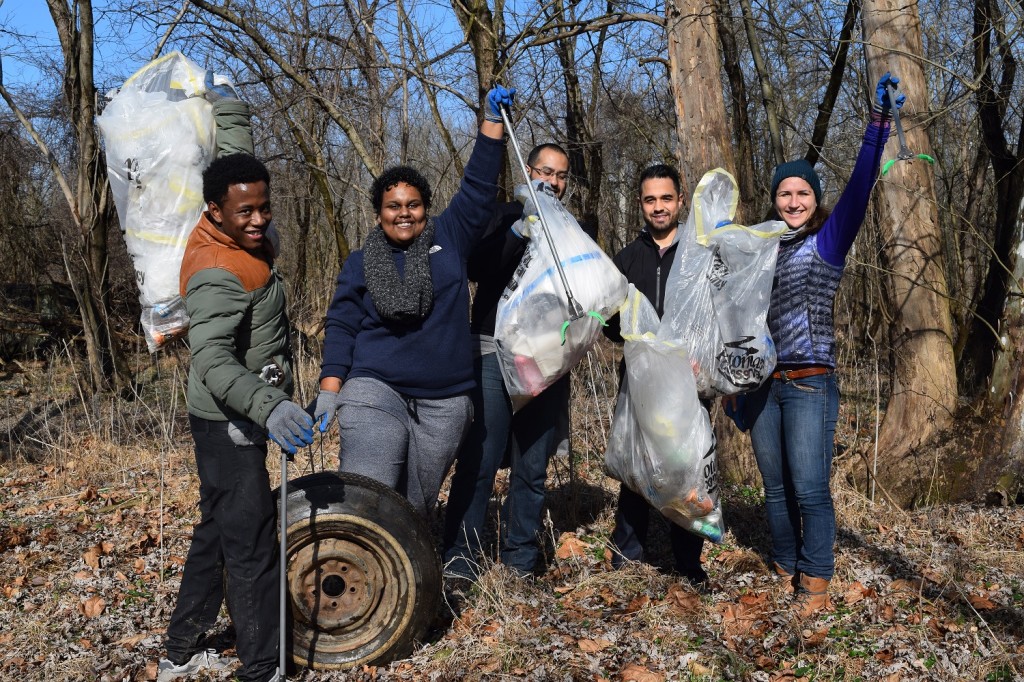
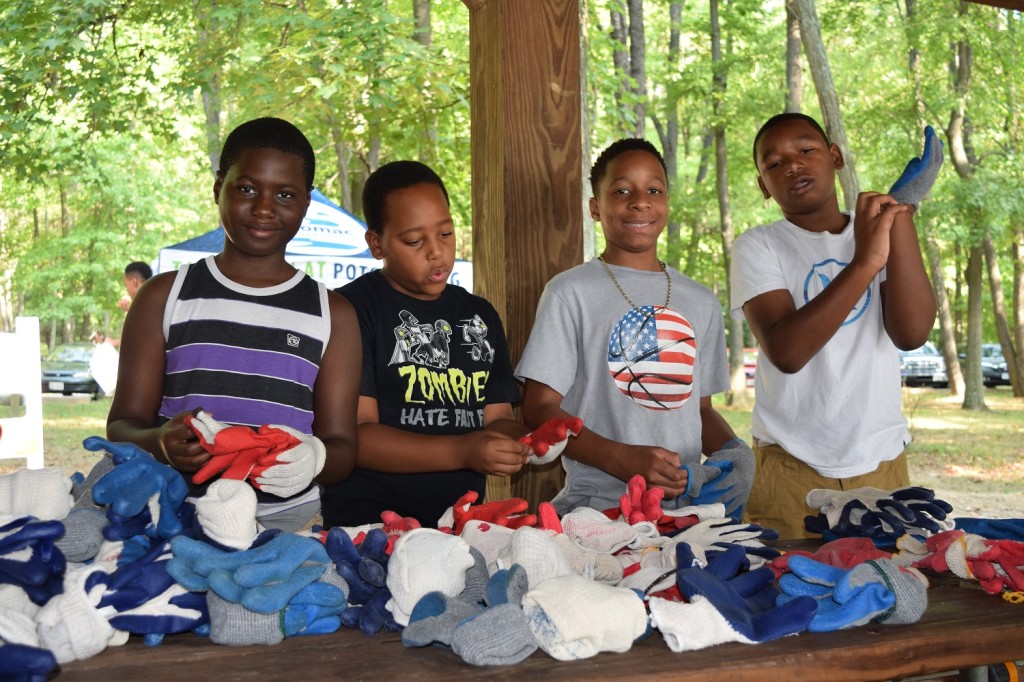
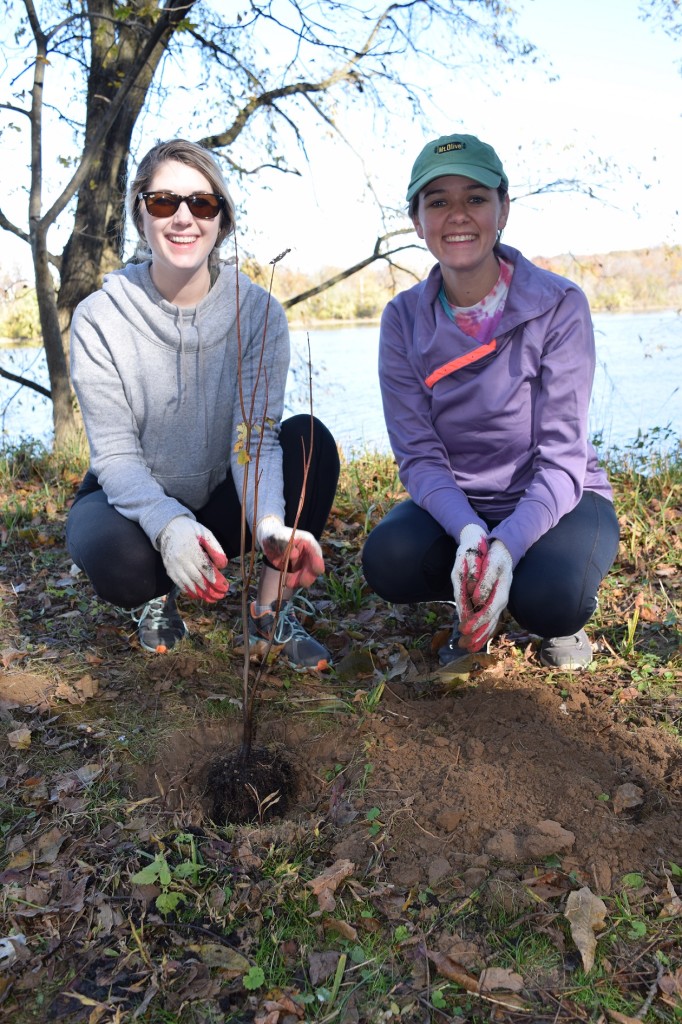
 Wednesday, November 15, 2017
Wednesday, November 15, 2017
